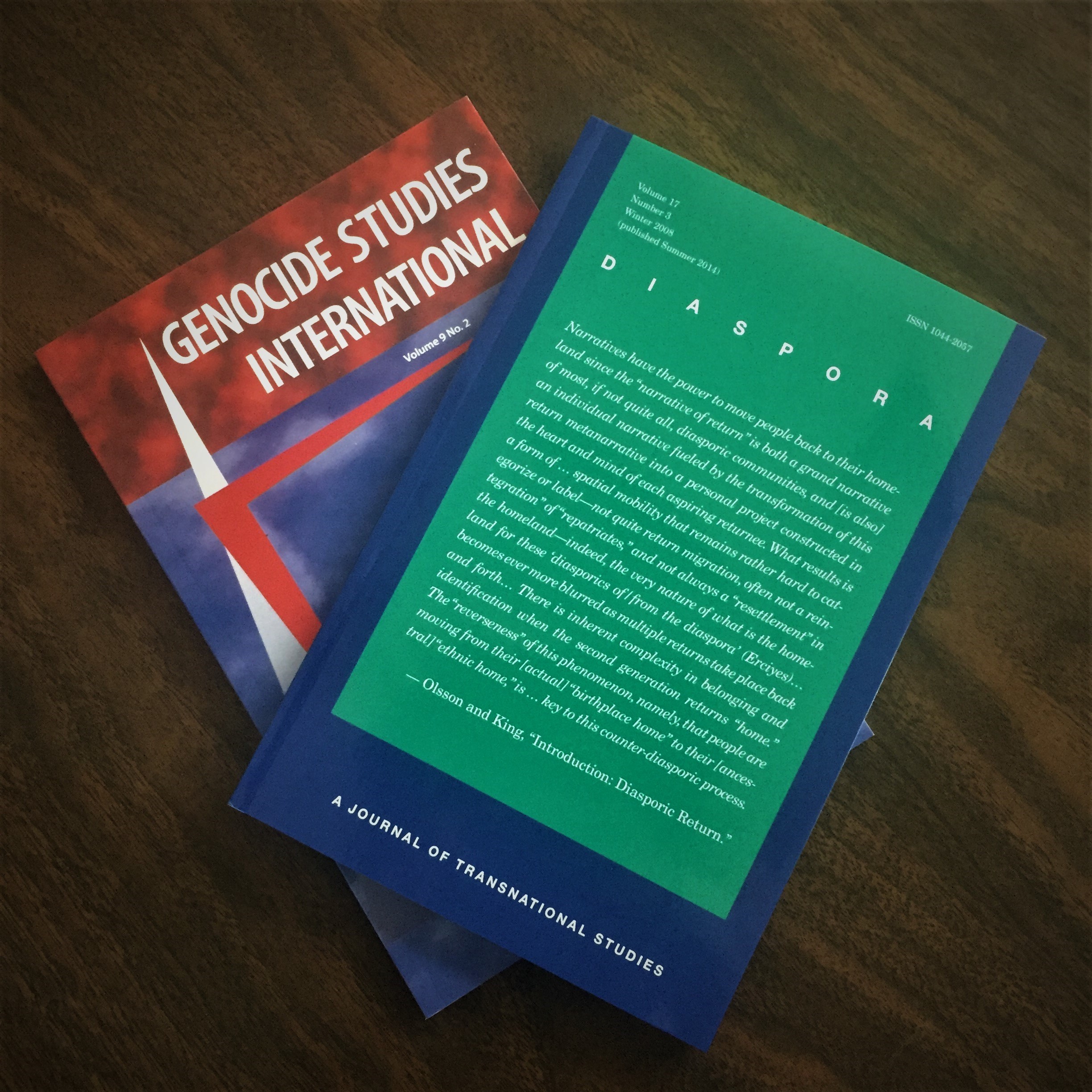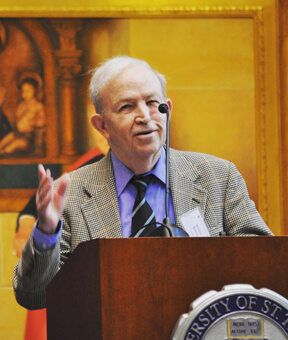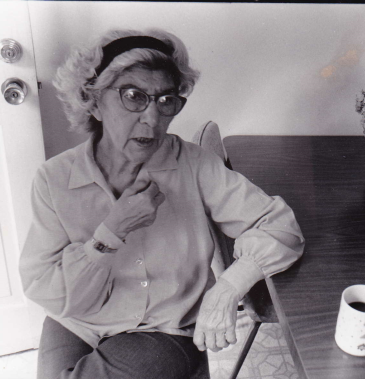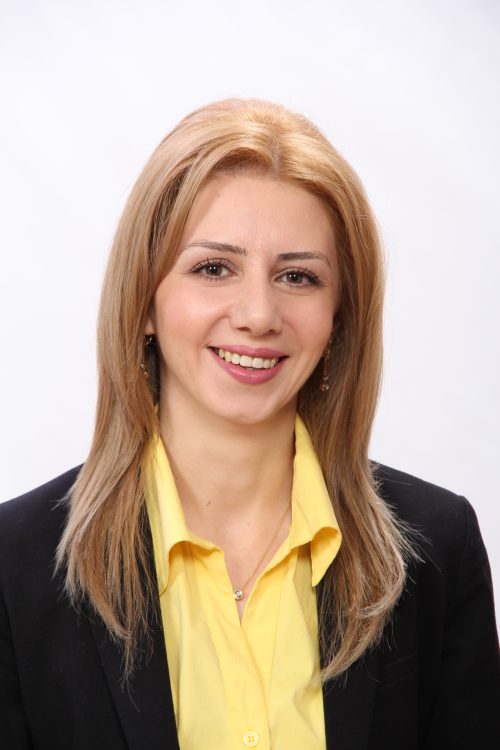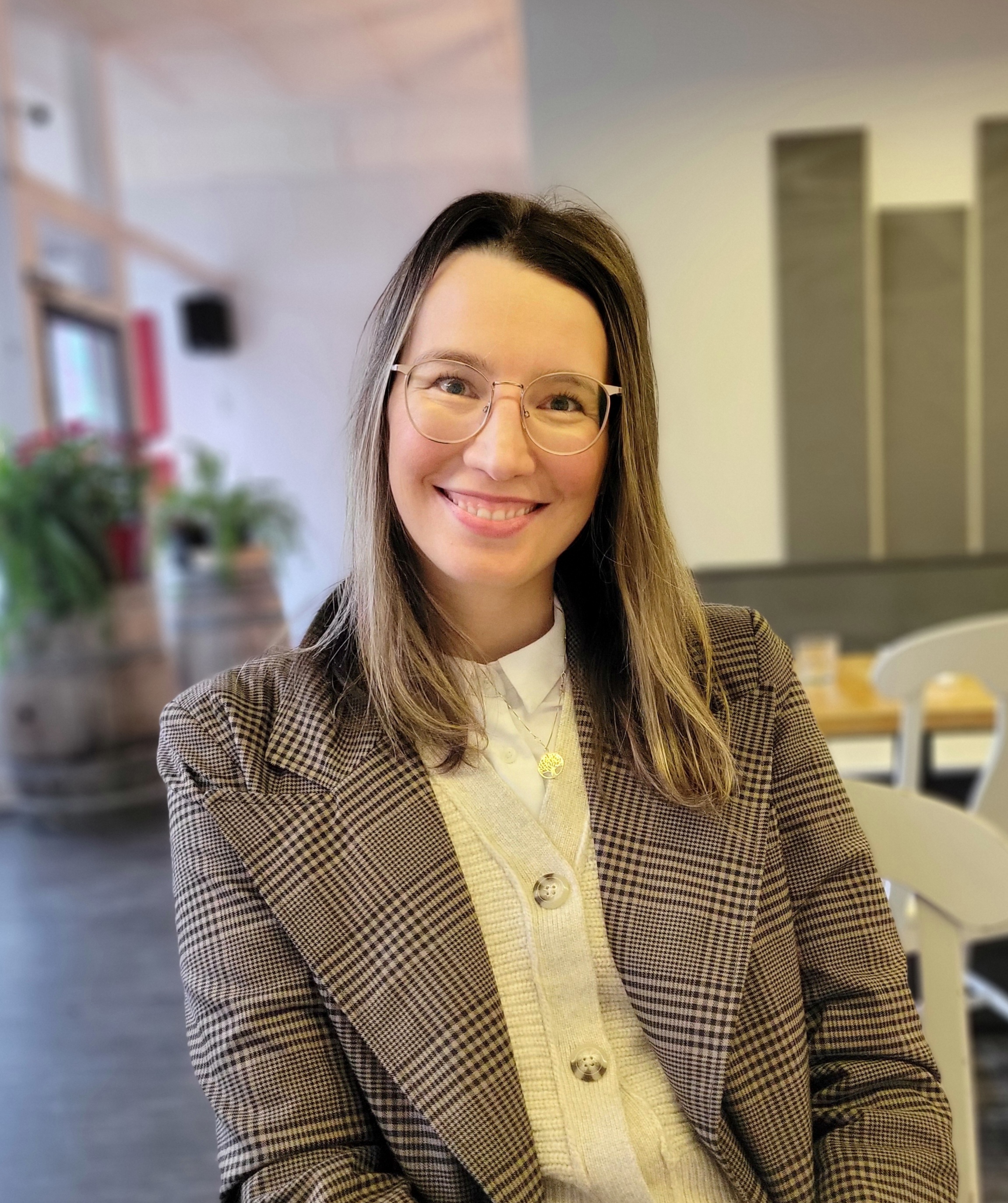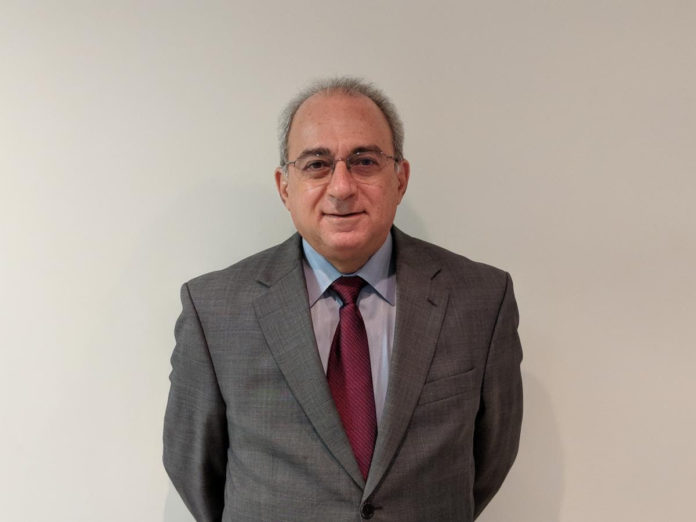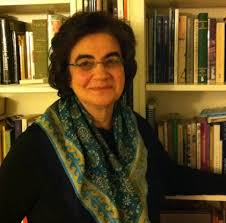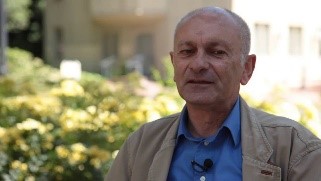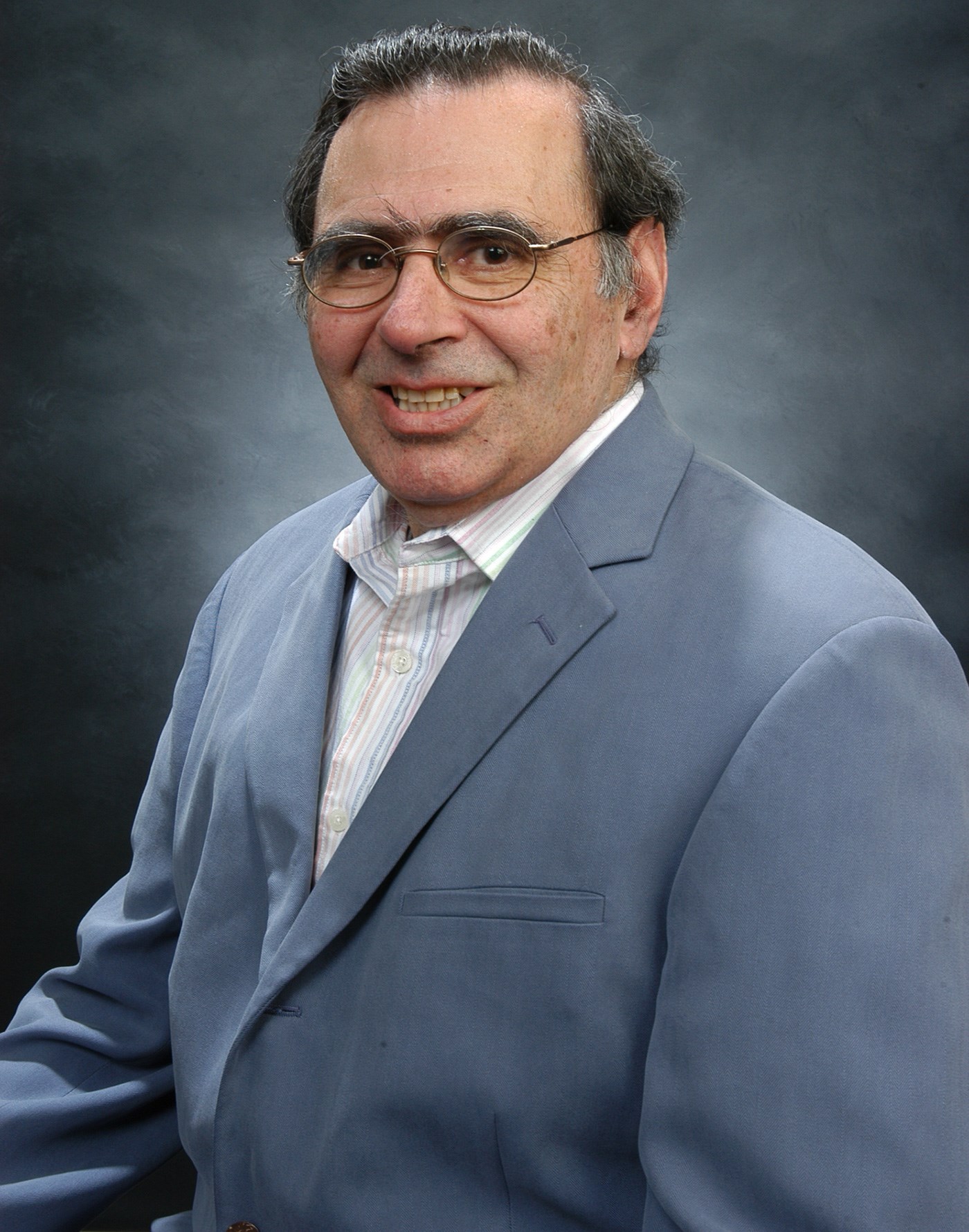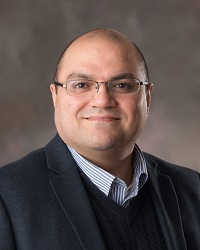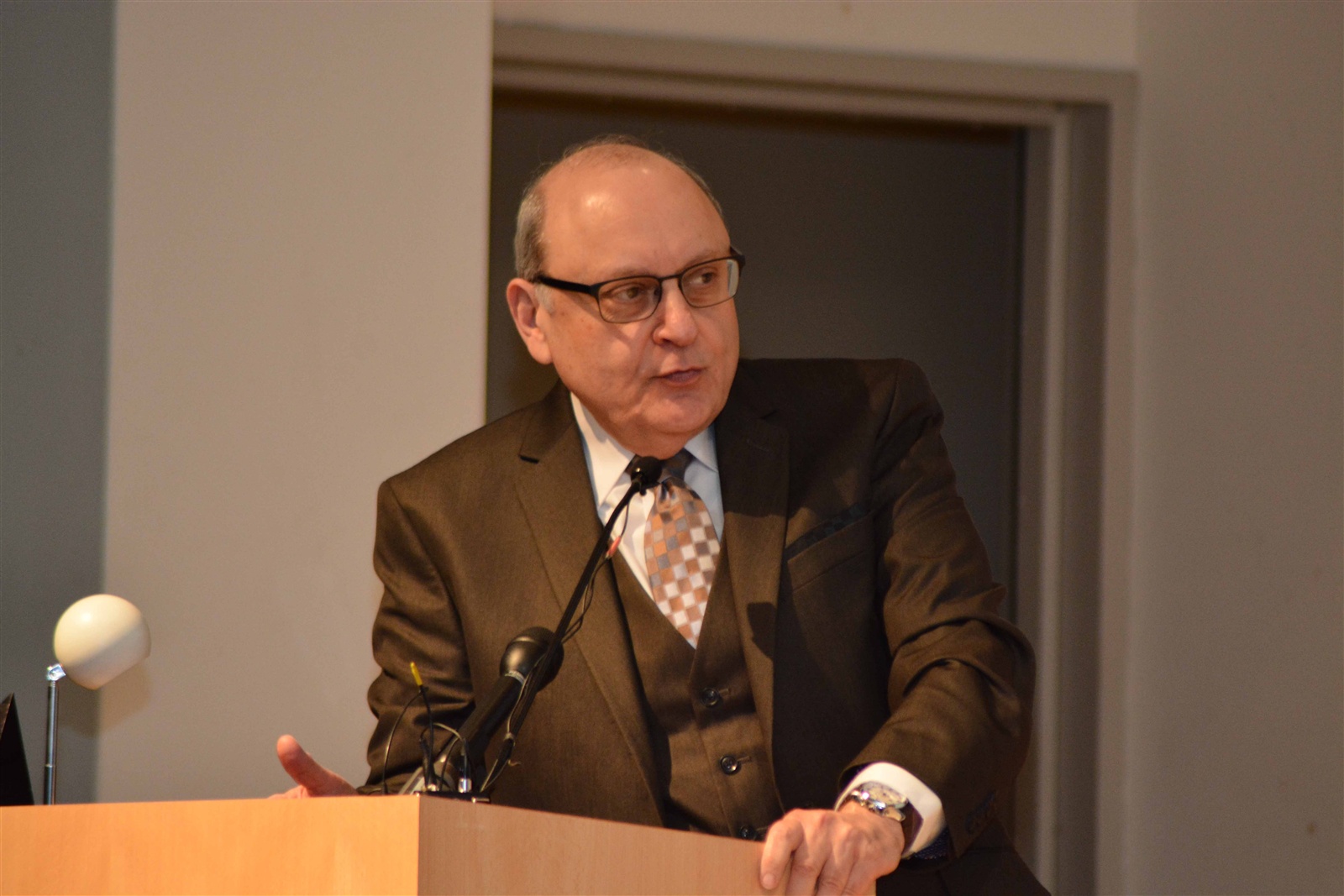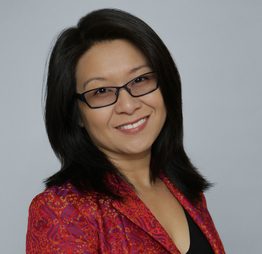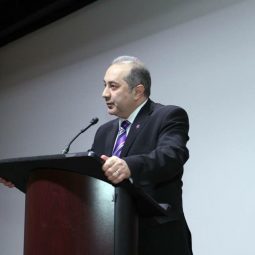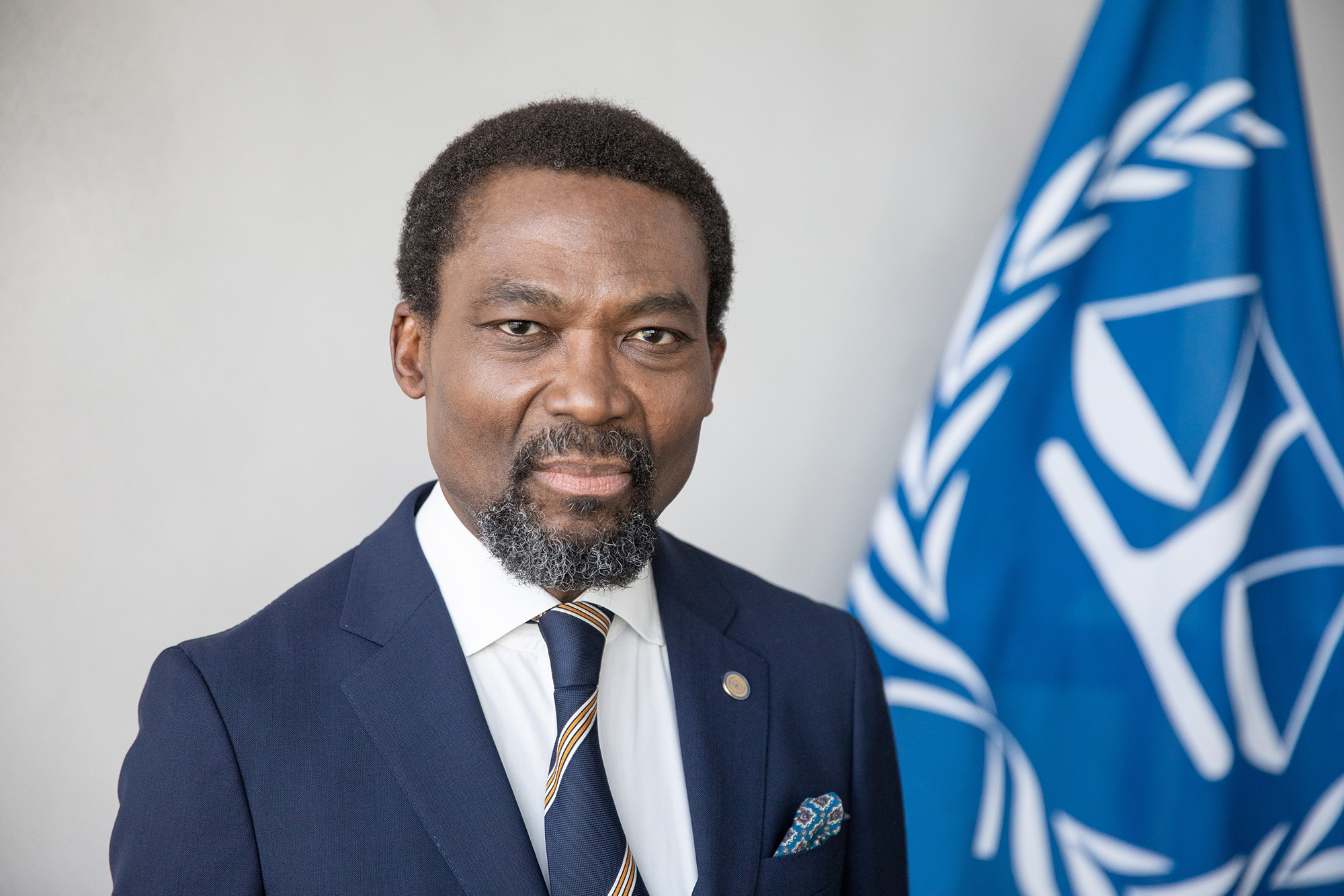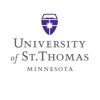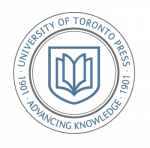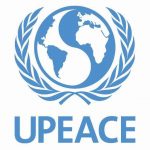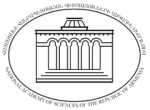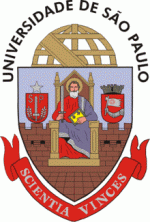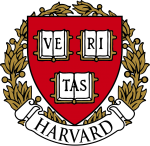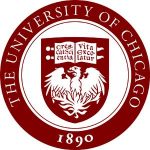In 1982, the Zoryan Institute for Contemporary Armenian Research and Documentation was established in Cambridge, Massachusetts. The co-founding members were Garbis Kortian, Gerard J. Libaridian, and K.M Greg Sarkissian. They were joined by Tatul Sonentz-Papazian and Levon Sarkissian to incorporate the institute as a registered non-for profit (501(c)3).
In 1984, The Zoryan Institute of Canada, Inc., was established by co-founders Varouj Aivazian, Gerard J. Libaridian, and K.M. Greg Sarkissian. They were joined by Albert Bakos and Zaven Sarkissian to incorporate the institute as a registered charity.
Zoryan also had offices in Los Angeles and Paris in the 1980s and 1990s.


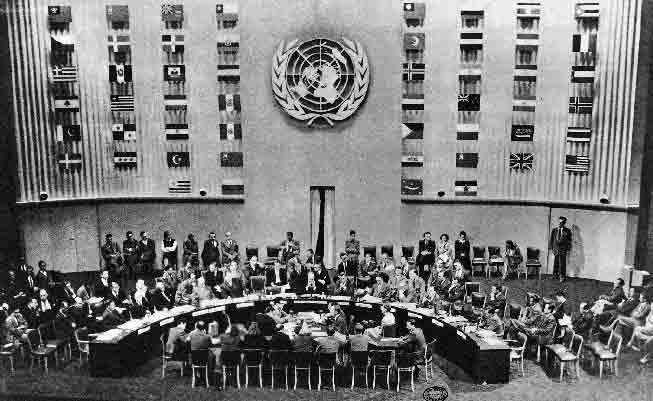
The work of the Institute caused it to grow far beyond its original expectations. The Genocide and Human Rights University Program, in partnership with University of Minnesota and thereafter the History Department at the University of Toronto, which was initiated in 2002, became so successful that it led to the creation of a new division, the International Institute for Genocide and Human Rights Studies (IIGHRS), to run the GHRUP, focus on issues of genocide and universal human rights in a comparative manner, and deal with non-Armenian institutions and entities. The GHRUP has over 400 graduates from 40 countries as of 2016. The International Institute of Diaspora Studies was subsequently created, as well in 1991, with the launch of the academic journal, Diaspora: A Journal of Transnational Studies, with Khachig Tölölyan as founding editor. Furthermore, the IIGHRS in 2005 launched Genocide Studies and Prevention, subsequently known as Genocide Studies International, by founders Israel Charny and Roger W. Smith and founding editors Alex Alveraz, Herb Hirsch, Eric Marksun and Sam Totten, Both Diaspora and GSI are currently published with the University of Toronto Press. Some fifty books have been published to date, many of them classics in their fields.
The Zoryan Institute and its divisions, during the last 35 years, have developed into a contemporary research and documentation center. It has become a place to think, research and analyze recent history and events that impact our lives today. The Institute recognizes that intellectual force in a community is crucial. It contributes to the knowledge base by explaining the forces and factors that shape the experience of Armenians and others through an engaged scholarship, body of publications as a means of establishing common knowledge, and to raise awareness through education surrounding the gross violation of human rights and genocide.



